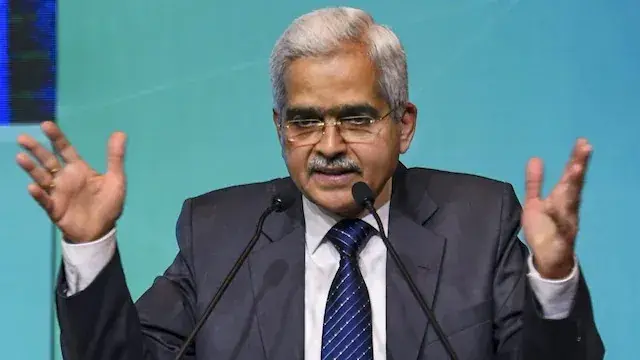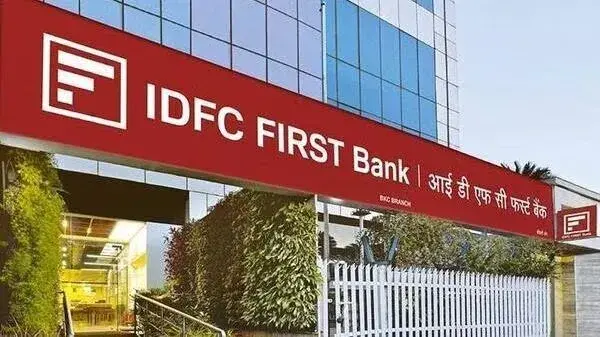RBI Governor Urges Banks to Prioritize Governance and Ethical Practices
RBI Governor Shaktikanta Das on Monday called upon private sector banks to bolster their internal governance frameworks and curb unethical practices. Speaking at the Conference of Directors of Private Sector Banks in Mumbai, Das emphasized the long-term risks of practices like mis-selling products and opening accounts without proper KYC verification. “While such practices may yield short-term gains, they ultimately expose banks to reputational damage, supervisory scrutiny, and financial penalties,” he noted, urging bank boards to lead the charge in ensuring ethical operations. Das highlighted the need for banks to carefully structure employee incentives to avoid encouraging unethical behaviors. He also pointed out that the Indian banking sector is at a juncture of both opportunities and challenges, with improving financial indicators reflecting strong efforts by bank management and boards. To maintain this momentum, the governor underscored the importance of leveraging strong fundamentals to build resilience and grow sustainably. “Good times are the best times to reinforce resilience and fortify defenses,” he remarked. The governor also touched upon emerging challenges posed by technological advancements, the rise of fintech, third-party dependencies, and climate change. He urged bank boards to act as guiding beacons in this dynamic environment, helping navigate risks while steering towards stable and sustainable growth. Das reaffirmed the RBI’s commitment to supporting the banking sector in its pursuit of innovation and resilience. He emphasized that a proactive approach to governance and ethics is crucial for fostering trust and stability in India’s rapidly evolving financial landscape. Source: CNBCTV 18 Photo Credit: CNBCTV 18
RBI Governor Urges Banks to Prioritize Governance and Ethical Practices Read More »



